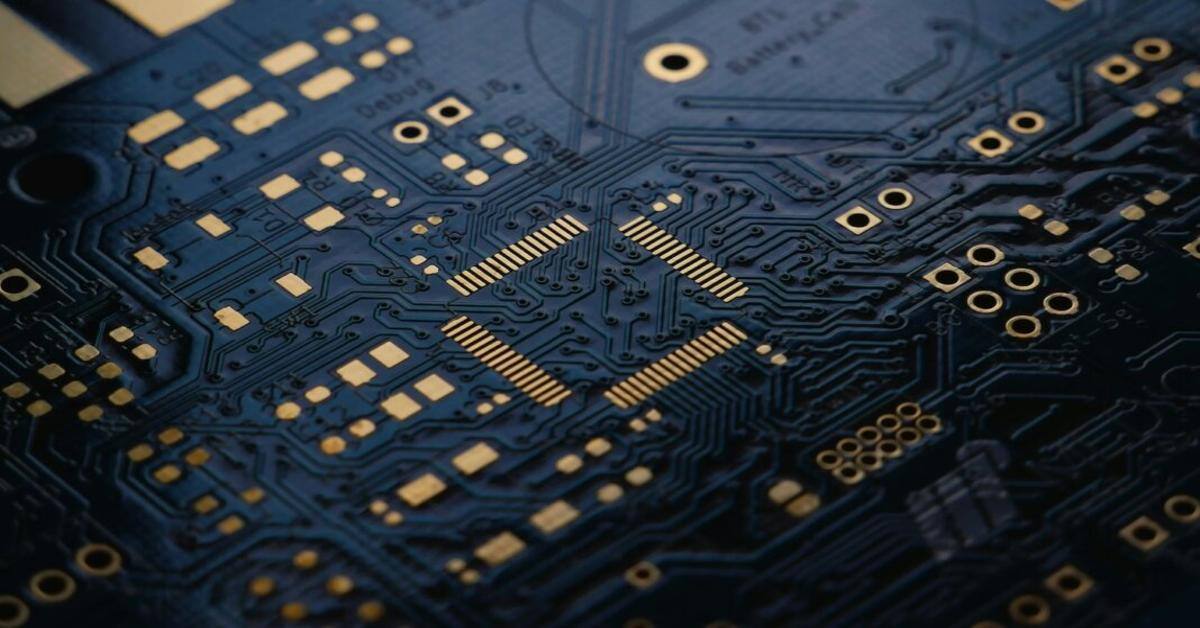In a world saturated with negativity, it’s easy to lose sight of the incredible potential shaping our future. This article offers a dose of ‘Data-Driven Optimism,’ focusing on a powerful synergy: the convergence of artificial intelligence and higher education in the fight against the deadliest cancers. We’ll explore how AI-powered universities are accelerating breakthroughs, transforming research, and ultimately, saving lives. Forget the doom and gloom; let’s delve into the exciting possibilities that lie ahead, possibilities powered by the intelligent application of data and technology.
The Exponential Growth of Data in Oncology
The sheer volume of data generated in cancer research – genomic sequences, clinical trial results, patient histories – is staggering. Traditional methods struggle to process and interpret this information effectively. AI, however, excels at identifying patterns and connections that would be invisible to the human eye. Machine learning algorithms can analyze vast datasets, predicting treatment responses, identifying potential drug targets, and personalizing therapies with unprecedented accuracy.
AI-Driven Drug Discovery and Development
AI is revolutionizing drug discovery by significantly reducing the time and cost associated with bringing new cancer treatments to market. AI algorithms can predict the efficacy of potential drug candidates, accelerating the pre-clinical phases. Furthermore, AI can identify patients who are most likely to benefit from specific treatments, leading to more effective and personalized therapies.
Personalized Medicine: Tailoring Treatments to Individual Patients
One of the most promising applications of AI in oncology is personalized medicine. AI algorithms analyze a patient’s unique genetic profile, medical history, and lifestyle factors to predict their likelihood of developing cancer, determine the most effective treatment strategy, and even predict the likelihood of treatment success. This individualized approach is transforming cancer care, leading to better outcomes and improved quality of life for patients.
AI-Powered Universities: The Engines of Innovation
Universities are at the forefront of this revolution. By integrating AI into their curricula and research programs, they are fostering a new generation of scientists and clinicians equipped to tackle the complexities of cancer research. AI-powered tools and platforms empower students and researchers to analyze data more efficiently, collaborate more effectively, and accelerate the pace of discovery. This interdisciplinary approach, combining AI expertise with cancer biology and medicine, is crucial for achieving breakthroughs.
The Future of Cancer Research and AI’s Role
The future of cancer research is inextricably linked to the continued development and integration of AI. As AI algorithms become more sophisticated and data sets expand, we can expect to see even more significant advancements in prevention, diagnosis, treatment, and ultimately, cures for some of the deadliest cancers. This isn’t just about technological advancement; it’s about harnessing the power of data and intelligence to improve lives and build a healthier future for all. The potential is immense, and the work is already underway, offering a compelling narrative of hope and progress in the face of significant challenges.

